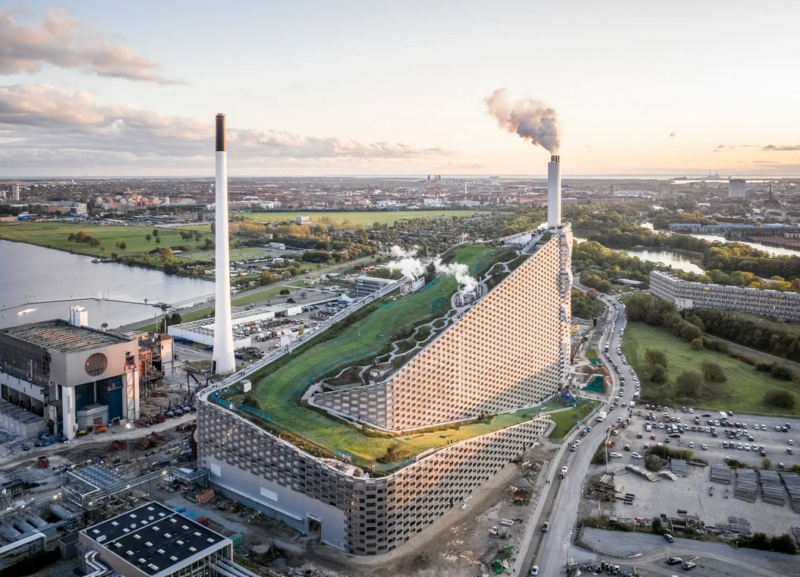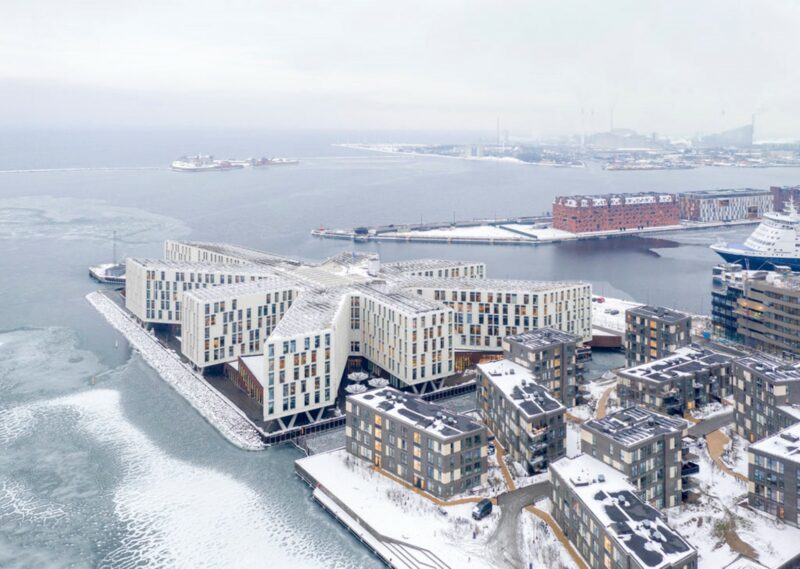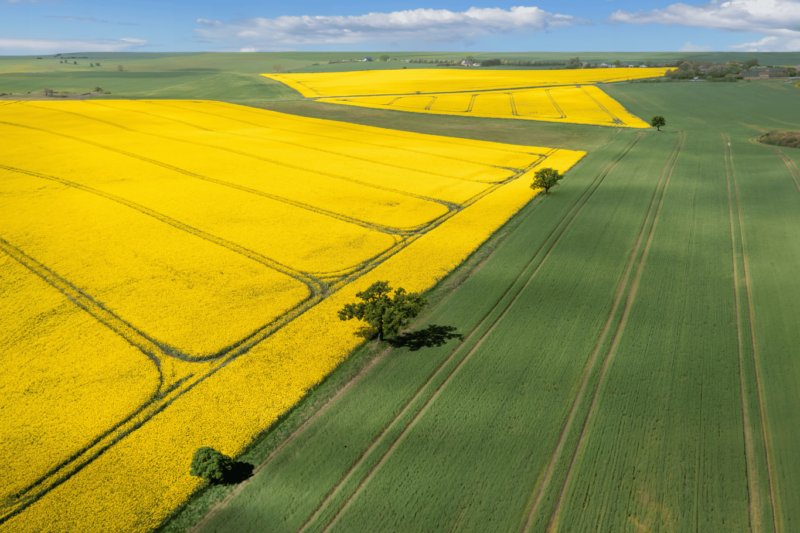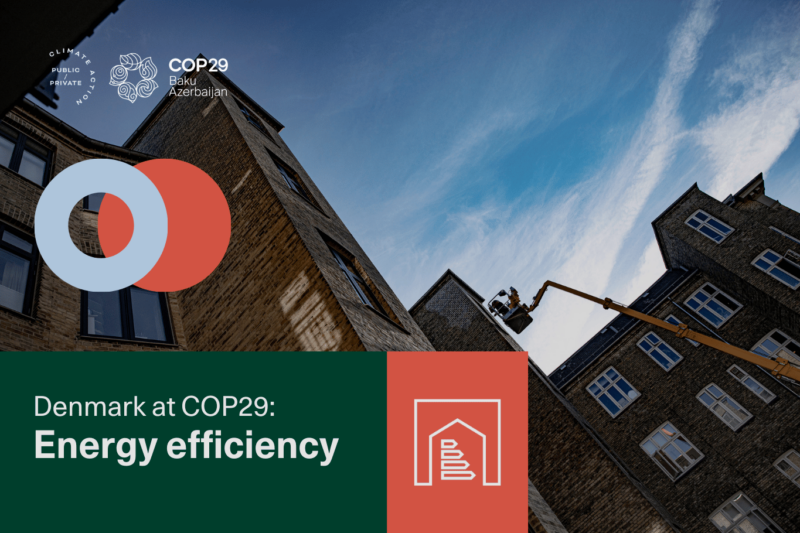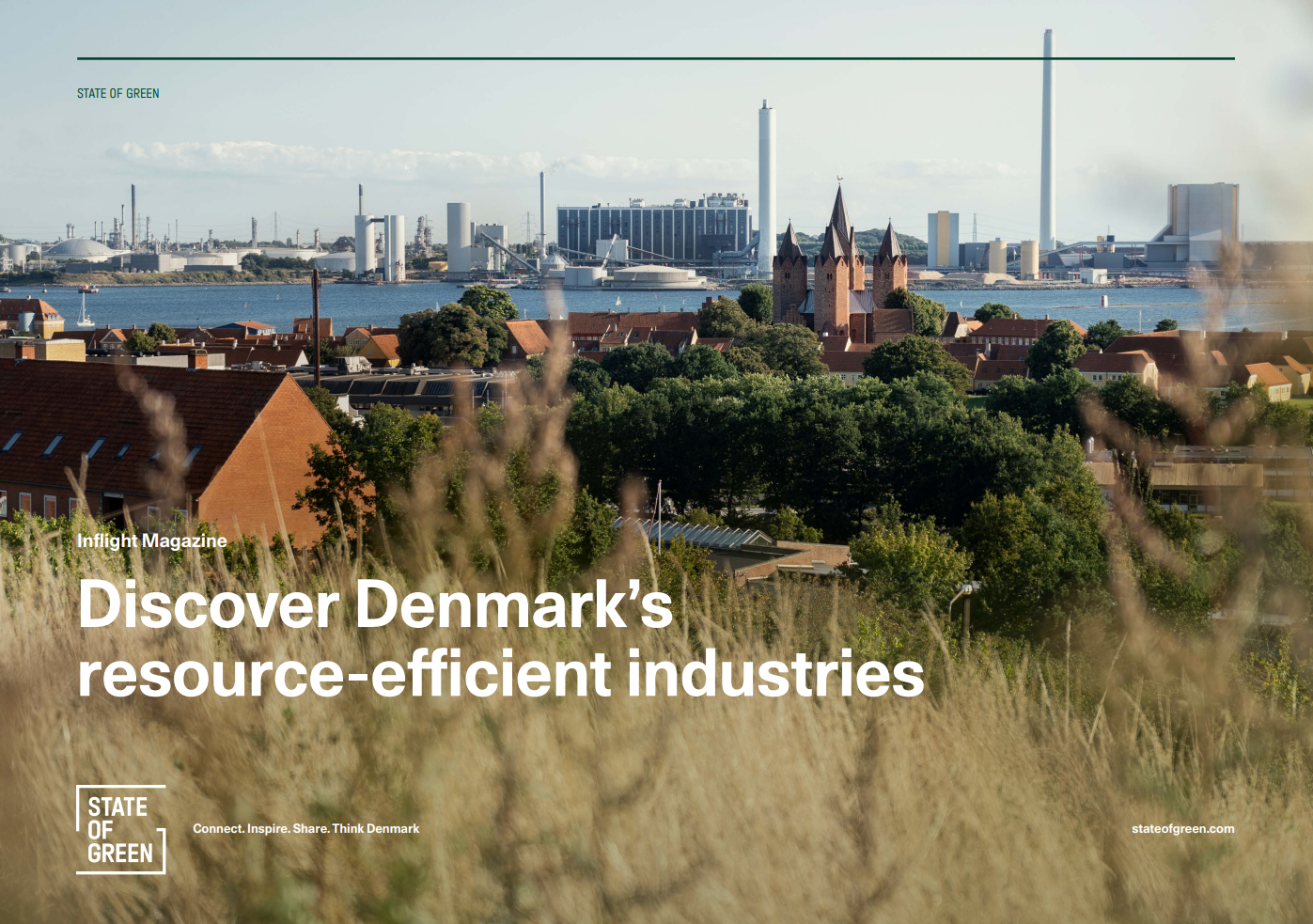News
Air pollution
Resource efficient production
Waste policy and planning
+2
Denmark and Singapore Strengthen Environmental Relations


4 July 2014
Environmental legislation and strict standards can contribute to job creation and environmental prosperity. Experiences from both Denmark and Singapore have demonstrated that legislation and rules in the area of the environment contribute to boost economic growth.
Both countries hold strong competences in environmental technology, and not least in technology that provides clean drinking and manages wastewater:
“Denmark and Singapore are both major league players within modern environmental technologies. I am very pleased that we can enter into agreement that benefits the environment and developments in this area for both countries. I am confident that we can learn from Singapore’s experiences and vice versa, and that the agreement will benefit the possibilities for Danish companies’ solutions in water, air and waste in the Southeast Asian market”, says Minister of the Environment Kirsten Brosbøl.
Denmark knows water
Denmark is specialised across the landscape of water and consulting companies, technology suppliers, clients, researchers and governmental bodies hold wide experience in the sector, including areas such as:
- NRW reduction
- Decentralised water supply and wastewater solutions, including operation and maintenance schemes
- Flood control and management
- Advanced ground water mapping
- Integrated water and energy solutions for industries and industrial areas
- Water reuse and recycling for industries
- Industrial water (water quality)
- Treatment of wastewater from hospitals
- Aquaculture
In 2012, Danish export of water technology was close to EUR 1.98 billion. The Asian/Australian market for drinking water technology is expected to increase by 38% towards 2018, where the European increase is expected to be around 23%.
Waste as a resource
Denmark holds a long tradition of far-sighted, stringent environmental legislation combined with targeted investments in research and development. Since passing the world’s first environmental protection law in 1973, Denmark has continued its effort and is at the forefront of the development of new environment and resource efficient solutions.
Over the past 100 years, Denmark has developed comprehensive knowledge and skills within waste prevention, collection, sorting and treatment. Traditionally, waste has been considered a health hazard and environmental problem. Today, however, Denmark also considers waste a potential resource of raw materials for production, nutrients for agriculture and a source of energy.
The scarcity of resources means that waste is increasingly becoming a source of income rather than just a nuisance. Consequently, the national Danish waste strategy focus on ensuring that all waste is prepared for reuse, recycled or converted into energy.
Reducing emissions around the world
Improving air quality is an international issue by its very nature. Danish companies producing technology to combat air pollution and reduce emissions are subcontractors to the international car manufacturing industry, the maritime industry and the public utilities sector. They deliver a range of competitive solutions within areas 1such as removal of NOx, particulates, and SO2 in close cooperation with their customers.
Particularly within shipping, there is great future potential for realising cost-effective emissions reductions. As a maritime nation, Denmark not only has a responsibility to help reduce emissions, it also has the necessary skills and experience. Danish businesses and industry view sustainability as an integrated part of their business innovation and are doing their part to ensure the transition to a green economy becomes a reality.
For more news, visit our Newsroom
You should consider reading
Air pollution
Resource efficient production
Waste policy and planning
Wastewater management
Water supply
solutions
Combined heat and power production
+6
CopenHill: The story of the iconic waste-to-energy plant
20 November 2024Copenhagen’s rapid urbanisation and its ambitious climate goals to presented a unique challenge: how to manage the city’s growing waste while addressing the increasing demand for renewable energy. CopenHill, also known as Amager Bakke, blends industrial efficiency with urban recreation. Designed by
solutions
Energy efficiency in buildings
+2
Greening the UN one building at a time
20 November 2024The building sector has a large carbon footprint. In the EU for example, the building sector is the single largest consumer of energy – amounting to 40 per cent of the region’s total consumption. In addition, 36 per cent of the EU’s total greenhouse gas emissions stem from buildings. On a global sca
solutions
Climate change adaptation
+4
WATER CONSERVATION IN AFRICA
4 November 2024The impacts of climate change, such as rising temperatures and droughts, are seriously threatening water resources. Currently, 3.6 billion people lack access to water for at least one month a year, a figure that could rise to 5 billion by 2050. In Africa, dependence on natural resources makes countr
publications
Energy efficiency in industry
+7
Discover Denmark’s resource-efficient industries
8 September 2023Presenting insights and lessons from Denmark’s push to make its industries more resource-efficient, this publication gives an introduction to the Danish journey towards energy efficiency in industries, while showcasing innovative solutions from Danish solution providers.
